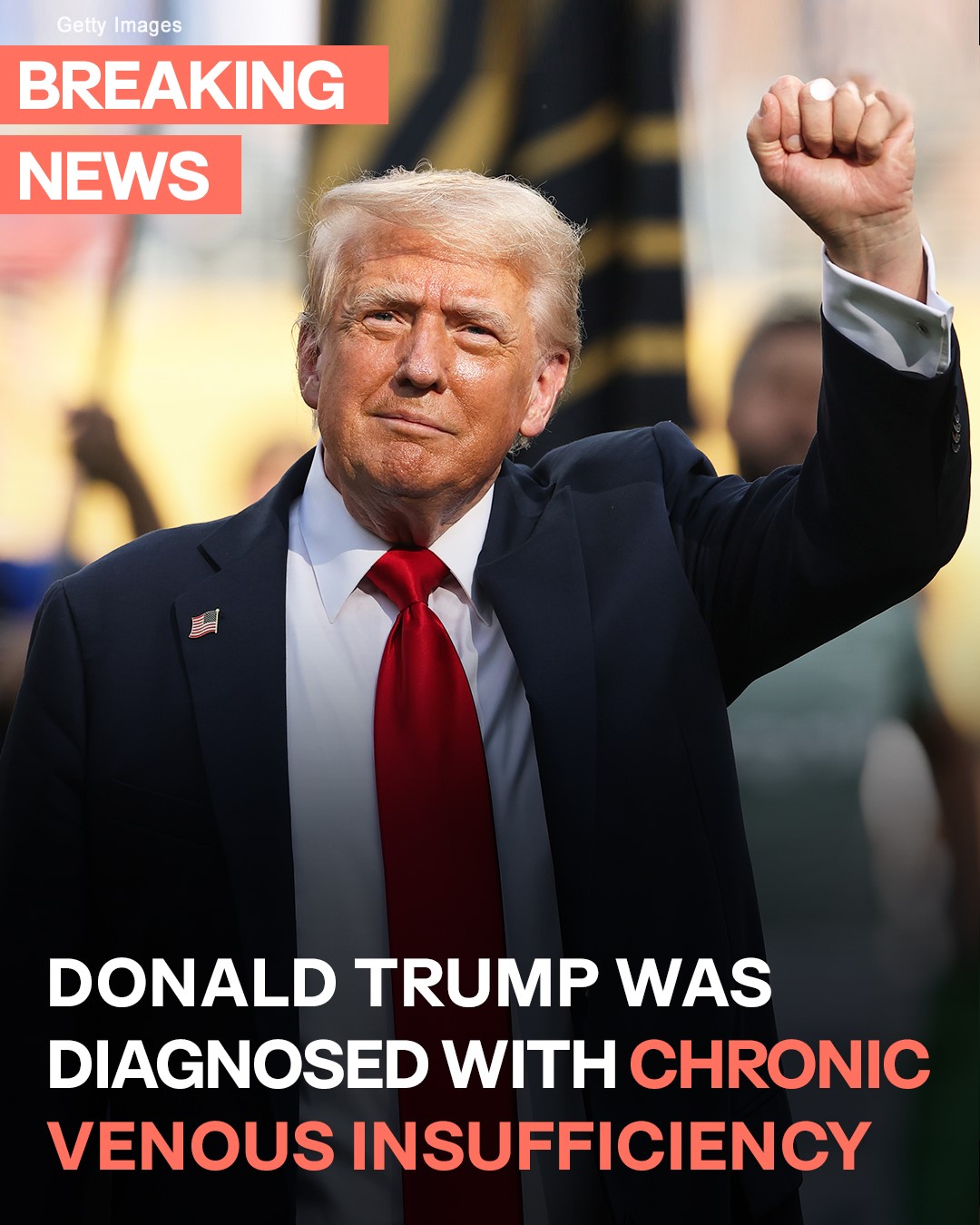Trump’s Health Condition Raises Eyebrows as Epstein Connections Resurface Amid Musk Firestorm
Washington, D.C. — Former President Donald Trump has recently been diagnosed with chronic venous insufficiency, a circulatory condition that affects blood flow in the legs, often leading to swelling, pain, and visible discoloration. While the condition is common among older adults and can be managed with proper treatment, it has become the subject of public concern due to its potential to impact daily mobility — and, by extension, questions about Trump’s readiness for the rigors of public office.
Yet, the conversation surrounding Trump’s health has quickly turned into something much broader — and far more controversial.
A Familiar Name in Unsettling Files
While medical experts and the White House focus on Trump’s circulatory health, another issue has once again gained traction: Trump’s presence in documents linked to the Jeffrey Epstein investigation. Though no formal charges have ever been brought against Trump in relation to Epstein, his name appears multiple times in released flight logs, social circles, and media accounts, leading many critics to question his past associations.
In the wake of renewed interest, skeptics have pointed out the Trump administration’s controversial 2020 dismissal of U.S. Attorney Geoffrey Berman, the federal prosecutor who was overseeing parts of the Epstein probe in New York. The move was widely criticized at the time, and some now see it as an attempt to limit scrutiny into high-profile connections.
This context is fueling public skepticism — particularly on social media — where Trump’s medical updates are often mentioned in the same breath as the demand for full transparency about Epstein’s network and its high-powered associates.
Elon Musk Reignites the Fire
Adding fuel to the fire, tech billionaire Elon Musk took to X (formerly Twitter) late last night in a surprise thread that quickly went viral. Over a dozen posts were aimed squarely at the lack of accountability and unanswered questions surrounding the Epstein investigation — and several tweets appeared to take direct aim at Trump himself.
“Why is it that so many powerful people want that list suppressed?” Musk wrote in one post.
“Whatever happened to full transparency? The public deserves the truth,” he continued in another.
Musk also questioned why Ghislaine Maxwell — Epstein’s convicted accomplice — was convicted of trafficking minors to unnamed individuals, yet no clients or collaborators have been publicly identified or prosecuted.
Musk’s thread drew millions of views, spurred heated debate, and even prompted trending hashtags calling for the release of all unredacted Epstein documents. Notably, the renewed pressure comes at a time when both political and legal observers are watching closely as Trump continues his campaign for a potential return to the White House.
Health, History, and Public Perception Collide
Despite the White House’s attempt to minimize concerns — calling recent bruising on Trump’s legs “minor” and not indicative of any serious issue — critics argue the combination of medical vulnerability and lingering questions about past associations could influence voter confidence. Supporters, meanwhile, have dismissed the speculation as politically motivated.
What remains clear is that the convergence of Trump’s health concerns, past controversies, and calls for transparency from influential voices like Elon Musk are shaping a complex public narrative that won’t fade soon. As Trump faces continued legal challenges and heightened scrutiny over his record and associations, even seemingly unrelated news — like a medical diagnosis — is viewed through the lens of broader concerns about power, accountability, and transparency in American leadership.



